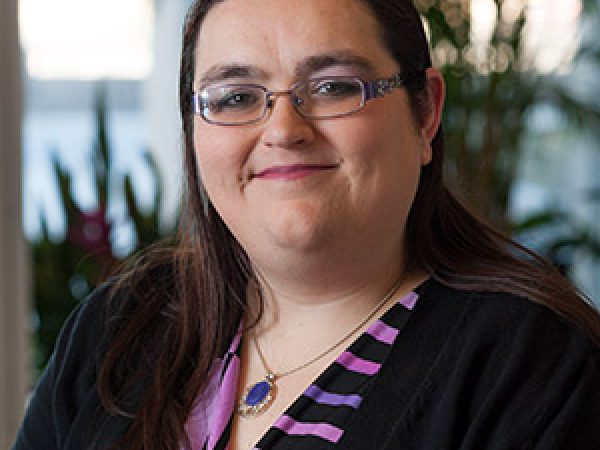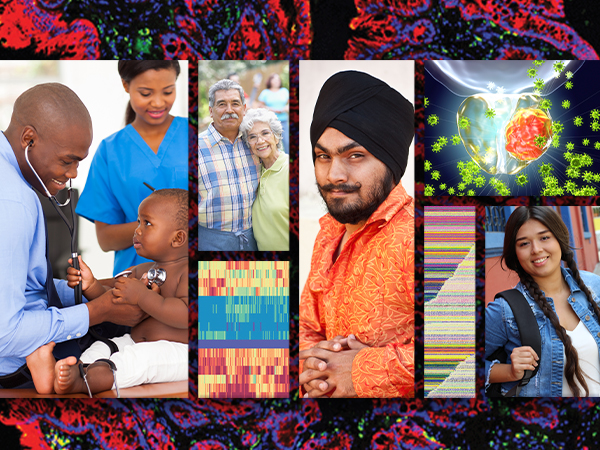AACR Previews Research from Annual Meeting 2018
In less than a month, the AACR Annual Meeting 2018 will kick off in Chicago, Illinois. The meeting is expected to draw about 22,000 attendees, including cancer researchers, clinicians, and advocates.
As always, the meeting features a wide range of high-impact science, featuring presentations on all aspects of basic and translational cancer research, including immunotherapy, precision medicine, artificial intelligence, liquid biopsy, early detection, cancer interception, prevention, cancer disparities, and survivorship.
“This is a very important meeting, telling us where we want to go in cancer prevention and treatment,” said Michael Caligiuri, MD, President of the American Association for Cancer Research (AACR). “Over the decades, as the science of cancer has evolved, the AACR has remained steadfast in its pursuit of the science.”
Today, four researchers provided the media with a preview of the studies they’ll be presenting in April. The full webinar is available here. A sampling of the research:
- David M. Barrett, MD, PhD, assistant professor of pediatrics at Children’s Hospital of Philadelphia, explained that pediatric cancer patients with solid tumors may have poorer-quality T cells than patients with leukemia. These findings could potentially explain why we have been successful with developing CAR T-cell therapy for leukemia, but not yet for solid tumors.
- Utthara Nayar, PhD, a research fellow in medicine at Dana-Farber Cancer Institute, Harvard Medical School, Boston, reported that some patients’ estrogen receptor-positive metastatic breast cancer became resistant to hormone therapy by acquiring mutations to human epidermal growth factor receptor 2 (HER2). However, the resistance could be overcome with the combined treatment of the HER2 kinase inhibitor neratinib and the hormone therapy fulvestrant in vitro.
- Terry C. Davis, PhD, professor of Medicine and Pediatrics at Louisiana State University Health Sciences Center in Shreveport and at the Feist-Weiller Cancer Center, and director of the Health Literacy Core of the Louisiana Clinical & Translational Science Center, said her study showed that people in Louisiana communities that experience cancer health disparities would be interested in participating in clinical trials or donating samples to biobanks but have no information about how to do so. She suggested that community-based efforts, including providing plain language information on clinical trials and biobanking created collaboratively with community clinics and the public, could increase participation.
- Britton Trabert, PhD, MS, Earl Stadtman Investigator in the Division of Cancer Epidemiology and Genetics at the National Cancer Institute, discussed how the presence of a chlamydia infection-related antibody in the blood was associated with a doubling in ovarian cancer risk in two independent populations. She explained that improved understanding of the causes of ovarian cancer could help improve screening and treatment of this deadly cancer type. NBC News covered the story.
This year’s Annual Meeting features the theme “Driving Innovative Science to Patient Care.” In a recent interview, Caligiuri, along with Program Chair Elaine Mardis, PhD, discussed how the diverse range of program offerings should appeal to attendees from all parts of the cancer research continuum.
“The breadth of the meeting really gives you the opportunity to step out of your comfort zone and really take on some of these new areas that all play very importantly into the mix of cancer research,” said Mardis. Here’s a look at the full interview.
https://www.youtube.com/watch?v=0Ukq2dRv56Q



